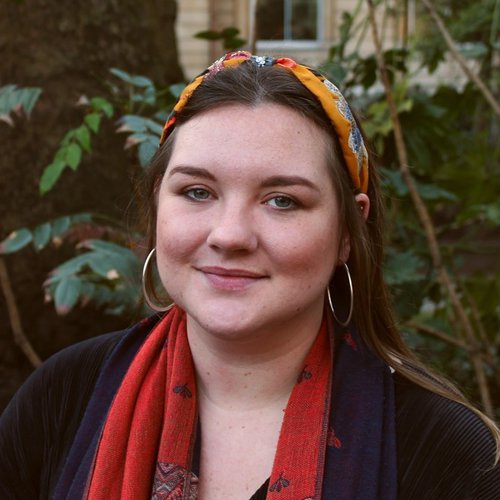From prevention to peer support: a systematic review exploring the involvement of lived experience in eating disorder interventions
The current UK policy landscape advocates for the involvement of people with lived experience in the co-production and co-delivery of mental health services. However, evidence on how to do this safely and effectively for people with eating disorders is lacking. People with lived-experience of an eating disorder are often excluded from these conversations, due to concerns about their compromised physical health as well as stigmatising attitudes that eating disorders are a ‘social contagion’
This study conducted a systematic review of eating disorder interventions which involve people with lived experience of an eating disorder. 7 databases and 4 subject-specific journals were searched. The search yielded 10 eligible studies. Involvement procedures were extracted and synthesised.
Thematic analysis generated 4 superordinate themes such as: normalisation of experiences, inspiration to recover and the sharing of insight, as well as some risks such as disingenuity and exposure to triggering content. Quantitative data was extracted from 7 studies, which revealed a statistically significant effect size for a reduction in eating pathology in 1 long-term peer mentoring programme and statistically significant effect size for a reduction in body dissatisfaction for another long-term peer mentoring programme.
The implications of this review highlight the need for policy and guidance to minimise variation across interventions. Homogeneity in participant demographics should also encourage researchers to be more inclusive and diverse in their sampling, so that co-production can deliver as a driver of mental health equality as it was intended.
Hannah Lewis

Hannah Lewis is a London Interdisciplinary Social Science (LISS) funded PhD Student at the Centre for Psychiatry. Hannah had previously studied at the Centre where she completed an MSc in Cultural and Global Perspectives in Mental Health Care, where she undertook a systematic review of school-based body image interventions to assess their cultural inclusivity.
After working in mental health policy for a national charitable organisation, she returned to the Centre in 2019 to study an MRes in Psychological Therapies and conducted a second systematic review which explored the involvement of people with lived experience of eating disorders in prevention and treatment interventions.
For her PhD project, Hannah is building upon her previous research in eating disorder prevention, cultural inclusivity and involvement by co-producing a cultural adaptation of The Body Project – an eating disorder prevention programme based on cognitive dissonance which has the most robust evidence base in the field. By working closely with the diverse community of Tower Hamlets, Hannah intends to co-deliver and co-evaluate the culturally adapted intervention in local schools with educational mental health practitioners and experts-by experience.